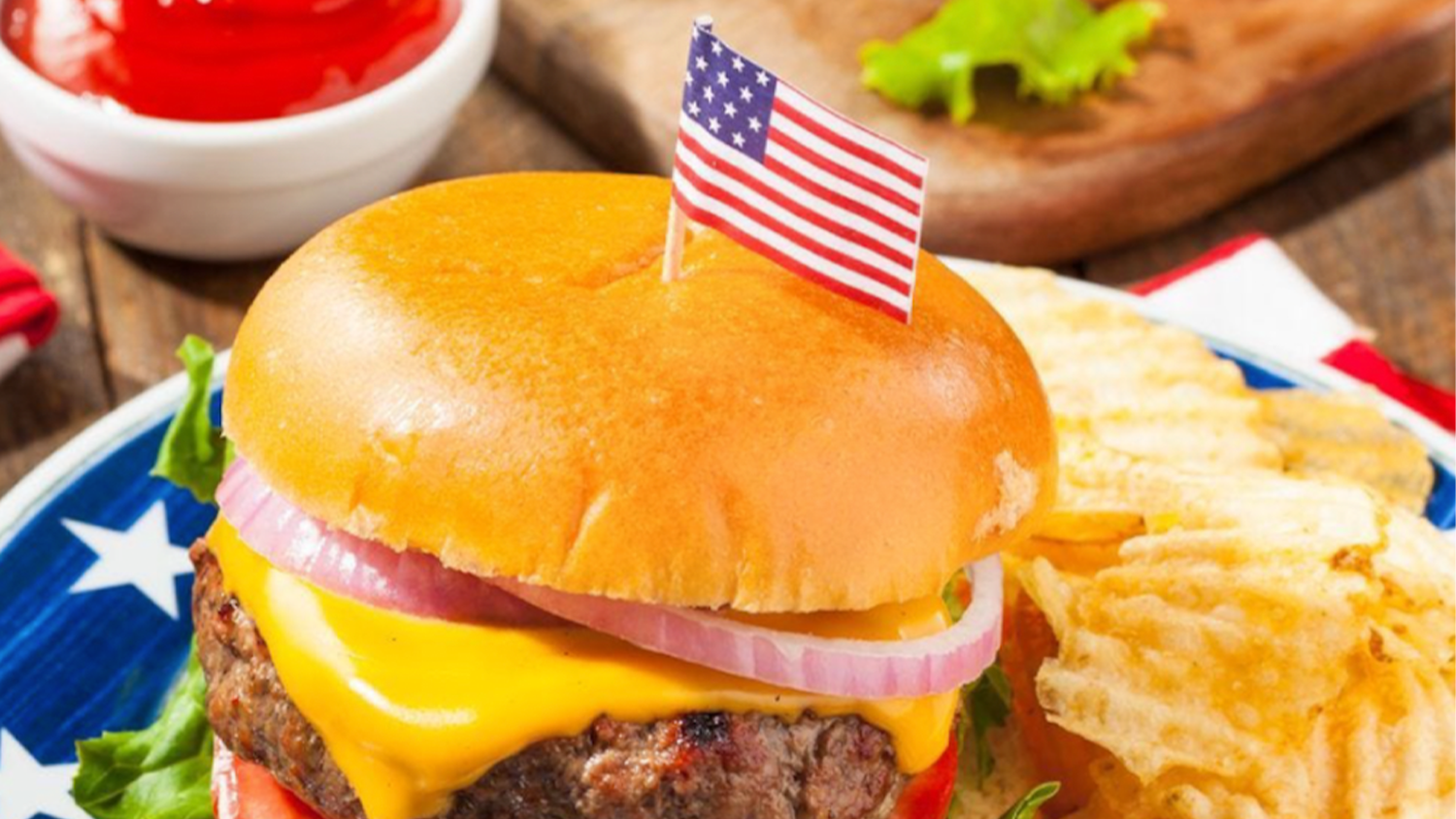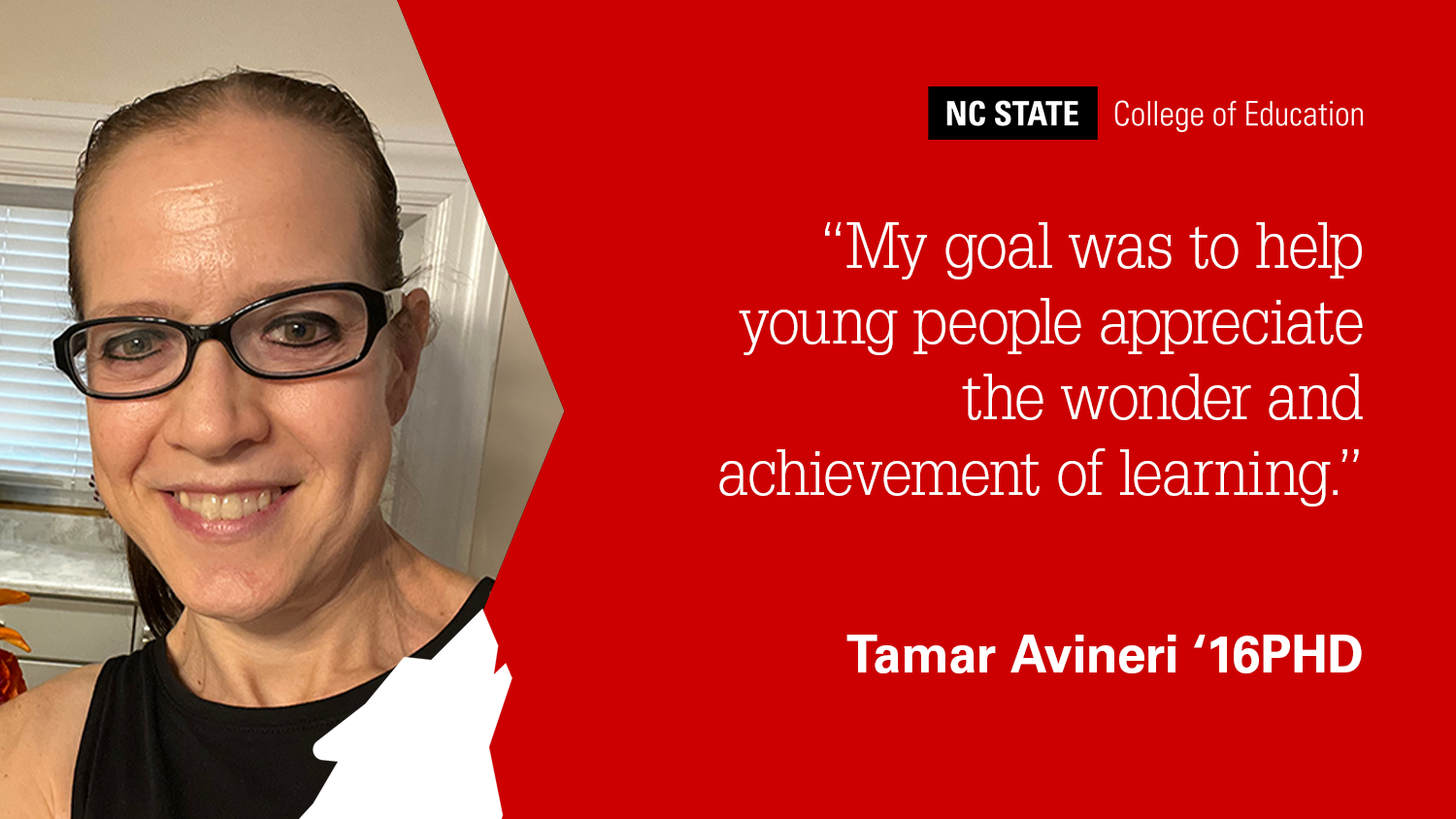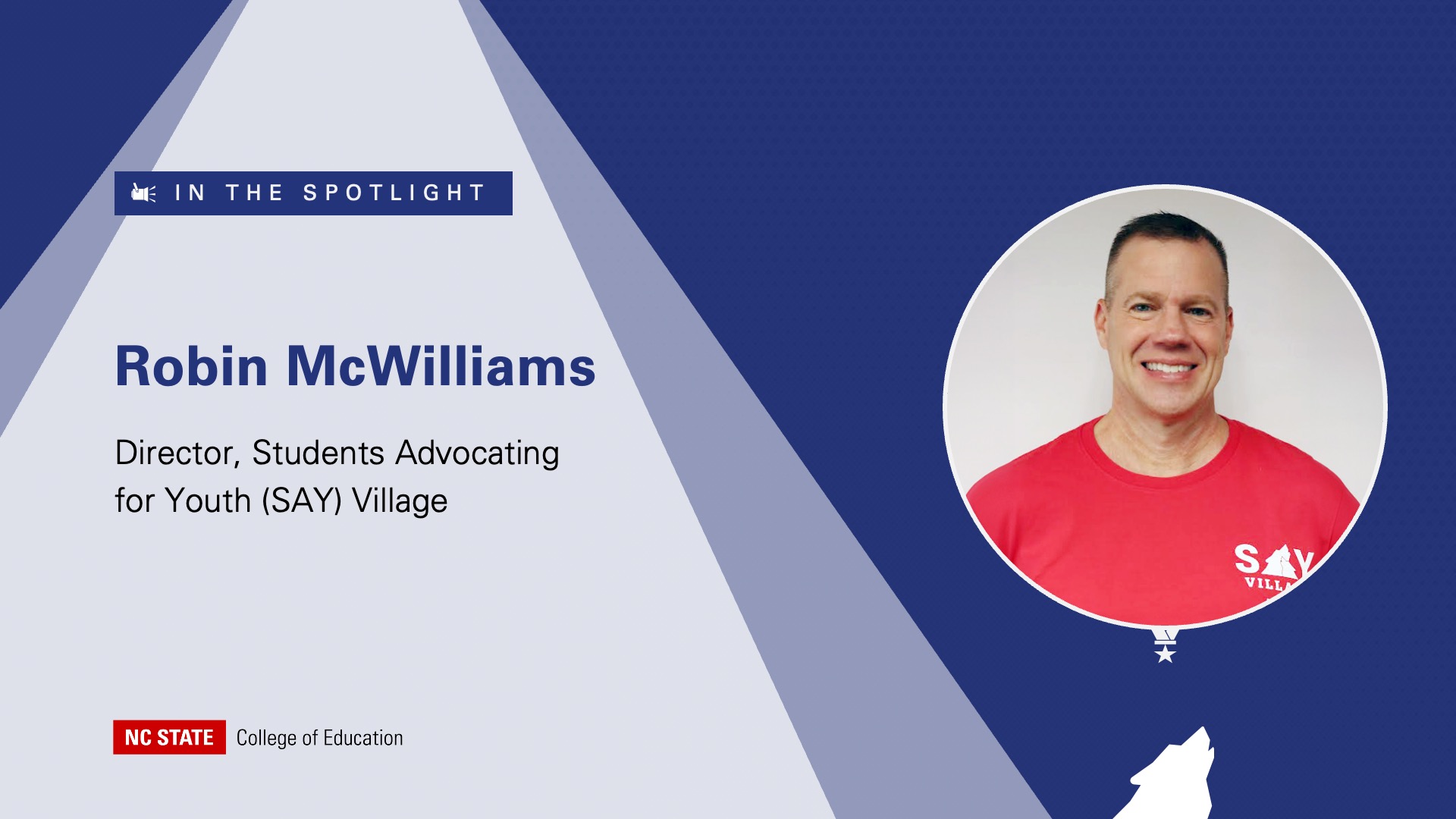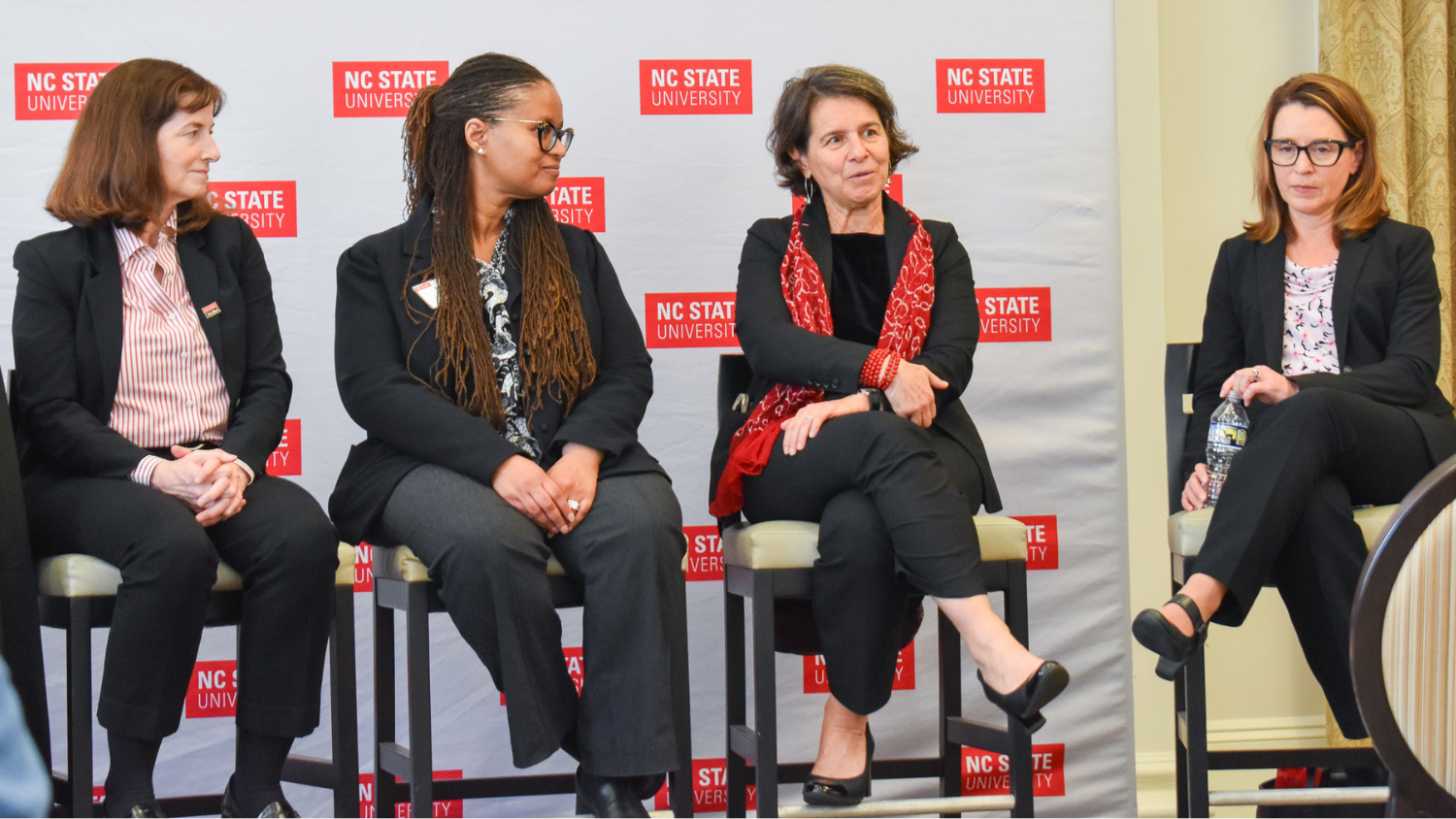Dinner with Democracy Event to Engage Community in Discussion Across Differences, Provide Professional Development for Educators

With the 2020 presidential election rapidly approaching and COVID-19 restrictions continuing to limit the ways people can interact face-to-face, opportunities to engage in meaningful and productive discussions about political issues have become more scarce. NC State College of Education Assistant Professors Paula McAvoy, Ph.D., and Christy Byrd, Ph.D., are hoping to address this through the virtual Dinner with Democracy event on Oct. 21, 2020.
Building on last year’s Dessert with Democracy event, Dinner with Democracy will be open to the NC State community as well as middle and high school students, teachers, parents and community members who are invited to engage in discussions about contemporary issues facing the American public.
[spotlight-box label=”” img=”” heading=”Paper Highlights Dessert with Democracy Event” cta=”Read More” url=”https://www.socialstudies.org/social-education/84/5″]Paula McAvoy, Ph.D., Christy Byrd, Ph.D., and doctoral students Arine Lowery and Nada Wafa authored “Dining with Democracy: Discussion as Informed Action” to share their experiences with the Dessert with Democracy and Dinner with Democracy events. The article is available for members of the National Council for the Social Studies. [/spotlight-box]
“We wanted to continue the community engagement started last year and give our students and community the opportunity to keep learning from each other,” Byrd said. “With the pandemic driving people into isolation, protests over racial injustice this summer and the presidential election this year, it’s even more essential that people see that being able to talk across differences is possible and beneficial.”
Participants in the virtual event will be guided through facilitated, roundtable activities that will allow them to engage in open discussions about differences. Activities last year included the “tug of war,” which prompted participants to list reasons for and against issues, regardless of their personal opinions.
In addition to serving as a forum for students and the community, the event will model best practices that educators can use in their classrooms. McAvoy, a former high school social studies teacher and co-author of The Political Classroom: Evidence and Ethics in Democratic Education, said she hopes the event can serve as a form of professional development for educators and future educators who want to improve their skills in leading classroom discussions even through the challenges presented by virtual learning.
“We hope that people come away with a new understanding about the issues that we discuss. We hope that they also learn some discussion strategies so that they can engage others in political discussions,” McAvoy said. “The event promotes the idea that we should be curious about our differences and seek to understand why we disagree. I hope that people appreciate the importance of listening and learning from each other.”
Byrd and McAvoy said they also plan to conduct research that will measure peoples’ comfort with conflict, their abilities to speak across differences and their efficacy for civic engagement following the event.
[button]Register to Attend Dinner with Democracy[/button]
- Categories:


